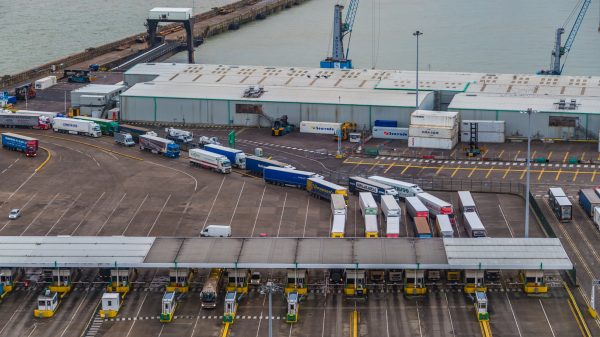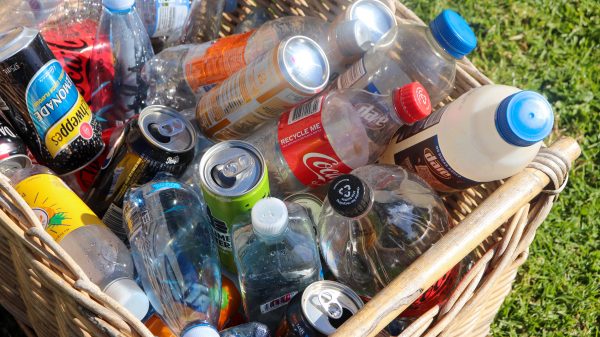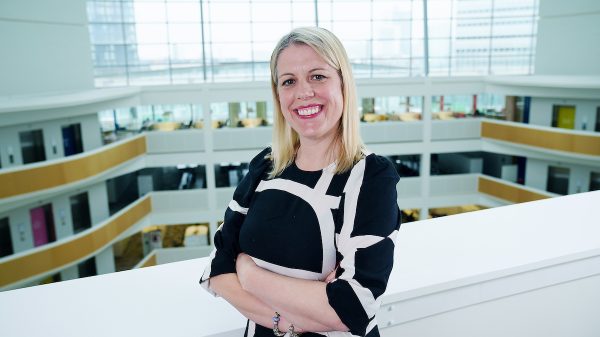Nearly 200,000 tonnes of perfectly good food goes to waste in supply chains despite growth in food redistribution.
According to climate action NGO WRAP, which monitors UK’s surplus food – UK’s retailers, food manufacturers, hospitality and food service businesses and voluntary sector have still managed an impressive 16% increase in surplus food redistribution in 2021.
In 2021, over 160,000 tonnes of surplus food, which is the equivalent of 253 million meals were redistributed through charitable and commercial outlets valuing up to £330 million.
READ MORE: Wrap launches new partnership to fight climate change
Compared to 2015, charities handled six times more surplus food in 2021, with retail being the largest supplier to the charitable sector.
The types and food being redistributed remain similar with meat and fish, drinks and ambient food doubling between 2019 and 2021.
However, fresh produce, dairy, chilled pre-prepared and frozen food all fell in 2021, with bakery and chilled-prepared foods now lower than in 2019.
“It’s devastating to see how much food continues to be wasted from supply chains when so many people are struggling to afford the basics, and food redistributors say they can take more,” WRAP director of collaboration and change Catherine David said.
“Wasting food also feeds climate change, as all the resources taken to produce the food are thrown in the bin with it. We urge all food businesses and their suppliers to adopt our guidance on redistribution as a priority and help more food get to the people who need it. The surplus food is there, and there is so much more that could be saved at this difficult time for UK families.”
The Courtauld 2030 Redistribution Working Group has also greatly contributed to redistribution with grant-funding by the government helping to expand capacity and capabilities within the sector.
The announcement of a sixth year-on-year rise in redistribution also follows the Food Standards Agency report highlighting the need to increase the amount of food redistributed to ensure products are allocated to people, not bins.
“The UK’s network of food charities provides a lifeline for many people, and while they serve a crucial function in supporting families, they are also a key environmental tool preventing food waste,” WRAP director insights and innovation Claire Shrewbury said.
“Grant support has significantly helped to speed up redistribution, not least during lockdown when we funded 230 not-for-profits with more than £3.8 million.”
Shrewsbury added:”Through the Resource Action Fund alone, a total of seventeen small and largescale organisations have been able to feed people and prevent nearly 30,500 tonnes of food from going to waste, saving around 122,600 tonnes of GHG emissions linked to food.”
Click here to sign up to Grocery Gazette’s free daily email newsletter










